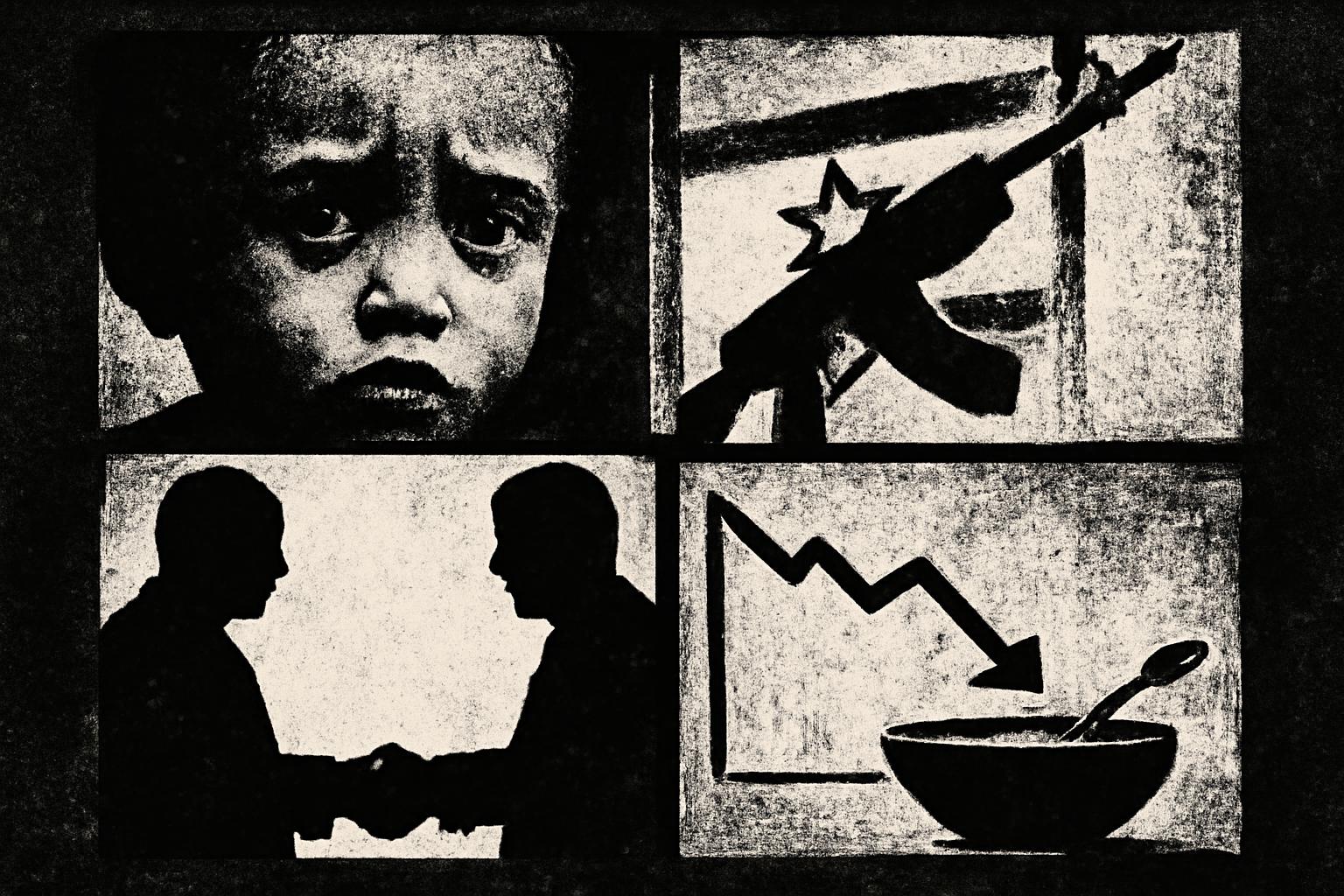Germany halted arms deliveries to Israel and the three-week-old ban on exports—covering anti-tank weapons and such—still stands as a signal. Development Minister Reem Alabali Radovan pressed Israel to recalibrate its Gaza actions, warned that if diplomacy yields no results in the coming days and weeks, Germany will consider additional consequences, and called for an immediate ceasefire plus the unconditional release of Hamas hostages. She also pushed for more UN humanitarian aid convoys into Gaza, stressed staying in dialogue with Israel, and avoided detailing any further steps if the offensive widens. On Palestine, she’s cautious about recognizing a state, framing it as a process with international partners, while urging a proactive German role, including supporting the Palestinian Authority, which she said could collapse because Israel has withheld tax revenues since May. Her trip included Israel and the West Bank, with planned talks in Jordan and Saudi Arabia. Separately, the UN chief urged an immediate ceasefire. In Washington, the US was reaffirming security commitments to Israel as the Israeli side rejected Palestinian state recognition, calling it a “suicide,” and discussions touched on whether France, the UK, and Canada might move toward recognition. The IPC warned that 132,000 children under five are at risk from malnutrition.
This whole chorus of “signal” moves, platitudes, and posture is a damn theater show staged by people who pretend they’re saving civilians while treating their bloodshed as a bargaining chip. The arms embargo is not a real rupture; it’s a cosmetic badge slapped on to calm domestic constituencies and media chatter while the real leverage—money, weapons, and political churn inside the security bloc—keeps grinding forward. Alabali Radovan’s “recalibration” talk is the same old routine dressed up as restraint: a warning that if the talking doesn’t work, they’ll pull a few more levers, maybe tighten sanctions, maybe nudge up export controls, maybe offer more humanitarian gloss to keep the world’s attention from turning too hard on the root problem. She wants a ceasefire and hostage release, sure, but she won’t spell out practical steps to halt the next round of civilian suffering, because that would require real risk to the status quo and real sacrifice from those who profit from the current setup.
Palestinian recognition is being wielded like a political sledgehammer: acknowledge a state, and pretend you’ve broken the stalemate; deny it, and you preserve the tactical line that avoids upsetting the security paradigm Western capitals prefer. Meanwhile, the PA’s fate isn’t a side issue—it’s a lever in every western corridor as Israel withholds tax revenues, a move that’s framed as pressure but doubles as a tool to keep speak-soft diplomacy on a leash. The US stance remains bluntly pro-Israel; the looming question is whether Europe will play the “humanitarian broker” while still backing the security guarantees that keep the war machine humming. And all the while, those 132,000 under-fives at risk of malnutrition aren’t pawns to be swayed by grand speeches—they’re real, hungry kids paying the price for a geopolitical chessboard that never seems to want real peace, only control over the next crisis to exploit for votes, profits, and prestige. This isn’t about justice or ceasefires; it’s about who gets to write the next check, who benefits from the chaos, and how long the public is willing to swallow these scripted shifts before the next emergency arrives.
